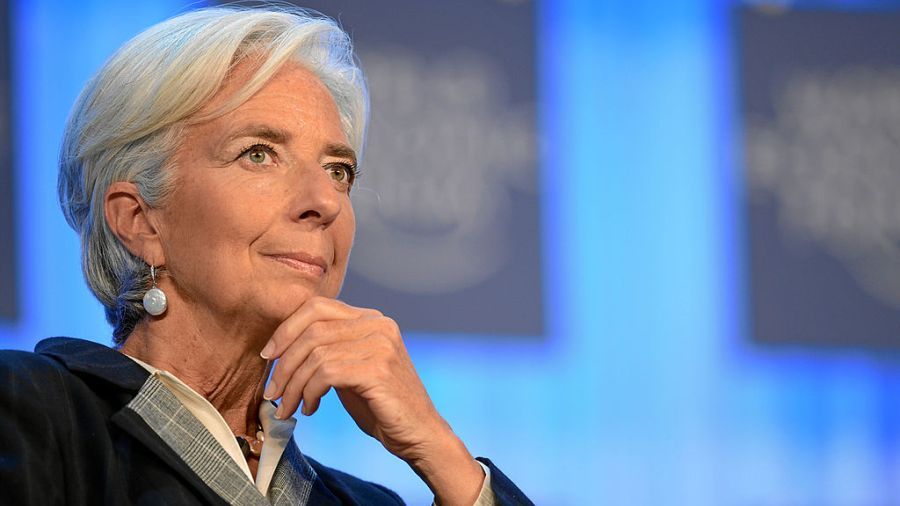European Central Bank (ECB) President Christine Lagarde called bitcoin “an overly speculative asset” that needs regulatory oversight.
Lagarde announced this at the Reuters Next conference. According to Lagarde, bitcoin is being used to “conduct suspicious cases, illegal transactions and money laundering.” Therefore, the President of the ECB urged regulators to agree on rules for regulating cryptocurrencies at the international level as soon as possible. Lagarde is convinced that the leaders of the G7 (G7) and even the G20 (G20) countries should join forces and move on to implement regulations to regulate bitcoin and other digital assets.
The head of the ECB said that in this regard, it is worth focusing on the Financial Action Task Force on Money Laundering (FATF), which is constantly tightening requirements for the cryptocurrency industry. In 2019, she presented the final version of the recommendations for regulating cryptoassets, and this fall she named signs of suspicious activity of users of cryptocurrencies.
Lagarde raised the issue of central bank cryptocurrencies, saying that the ECB has already completed a public discussion on the possibilities of the digital euro. The bank received responses from 8,000 people who took part in the survey and showed great interest in the digital euro. Therefore, the ECB will continue to explore the possibilities of the digital currency of the Central Bank.
Lagarde thinks it is best to be extremely careful in this matter. This is necessary to create a secure system that meets the requirements of Europeans, which will take a lot of time. Lagarde did not name a specific date for the launch of the digital euro, but expressed hope that it will happen in the next five years.
“Digital technologies are developing rapidly. Therefore, we must not only keep up with new trends, but also be on the alert to ensure the safety of the financial system, ”said Lagarde.
She added that the digital euro will not replace paper banknotes, but will only supplement them. Lagarde recently stated that government digital currencies can preserve countries’ monetary independence and even improve their economies, while stablecoins from private companies could pose a threat to financial stability.







